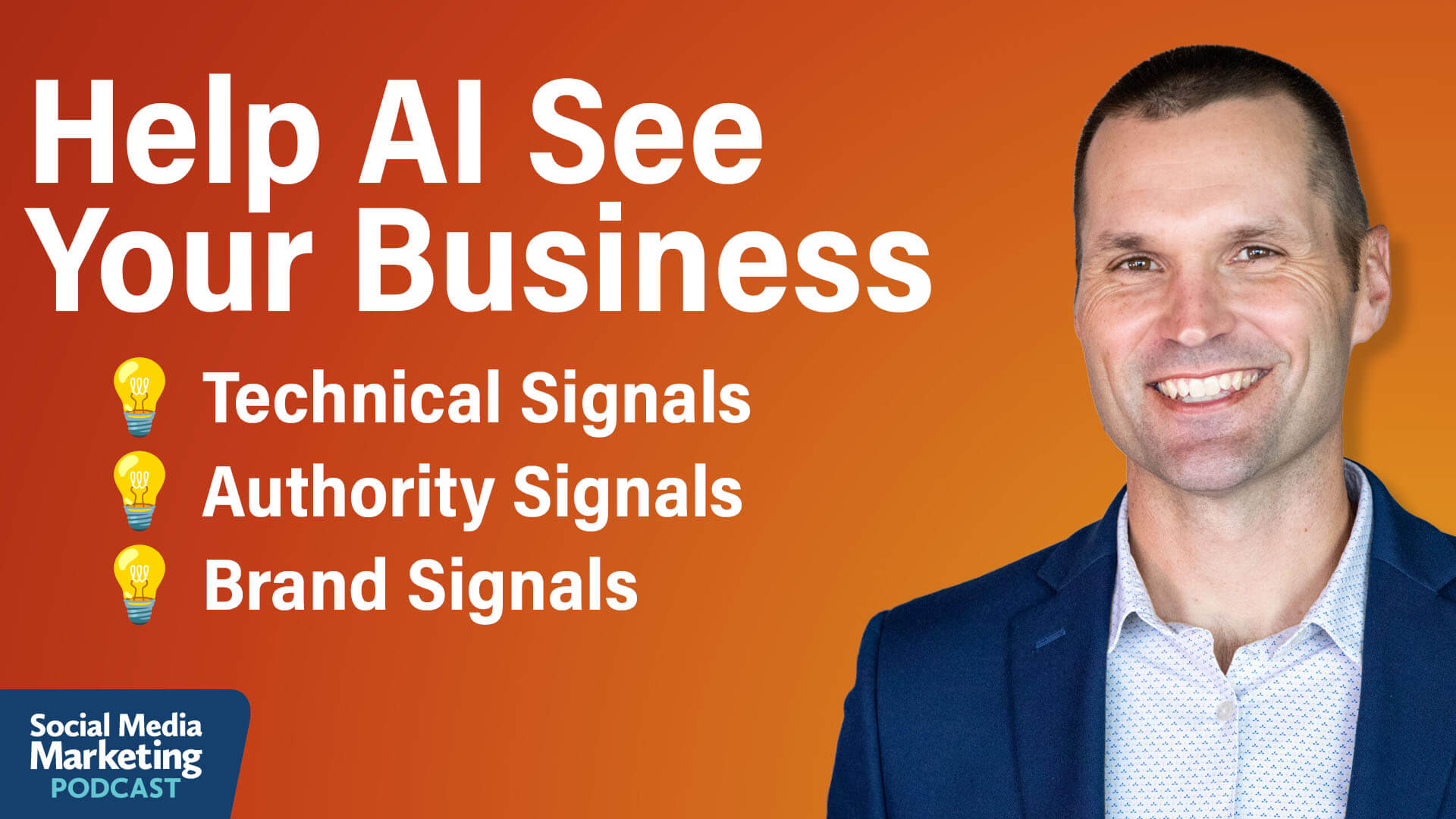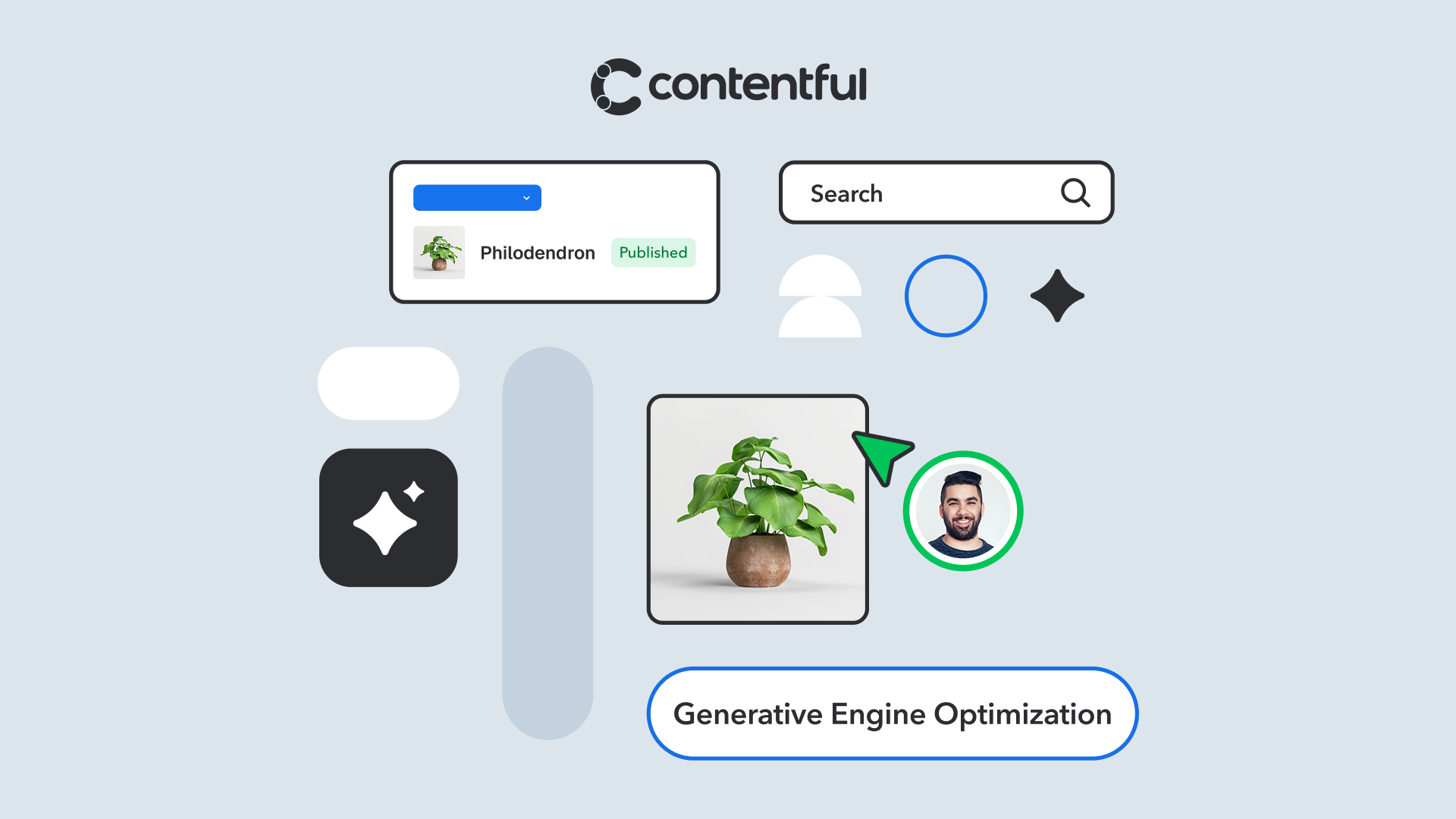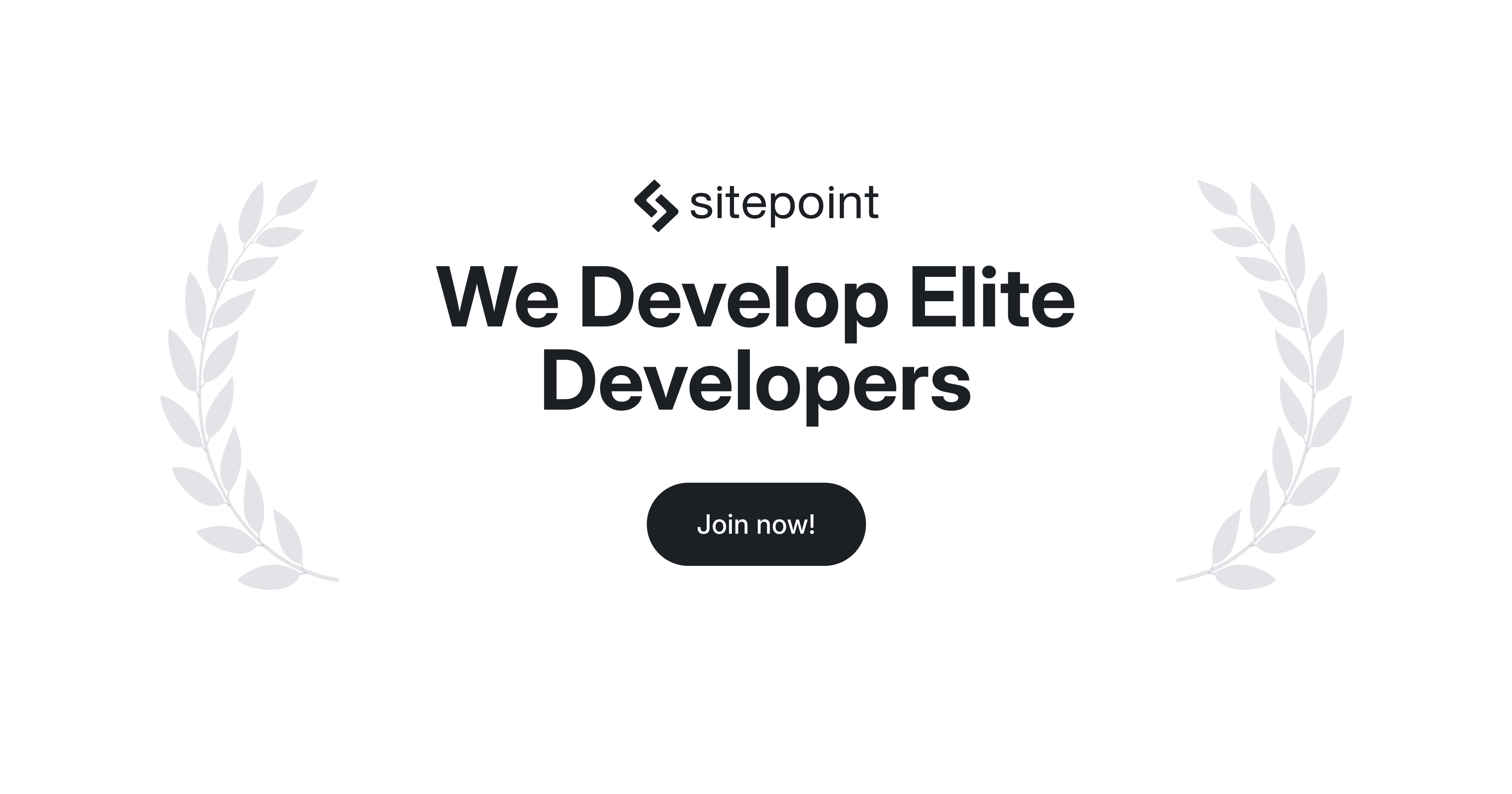Online marketing
fromSearch Engine Roundtable
5 hours agoDid Google Search Hit Self-Promotional Listicles In Recent Updates
Google's January search ranking volatility appears to penalize self-promotional listicles that position the publisher's product or agency first, causing significant ranking drops.






























